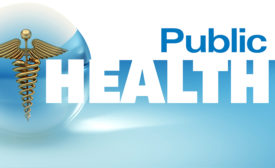Home » health care
Articles Tagged with ''health care''
APA voices concerns with American Health Care Act
Calls on Congress to maintain mental health and substance use coverage
March 13, 2017
Become a Leader in Safety Culture
Build your knowledge with ISHN, covering key safety, health and industrial hygiene news, products, and trends.
JOIN TODAYCopyright ©2025. All Rights Reserved BNP Media.
Design, CMS, Hosting & Web Development :: ePublishing




